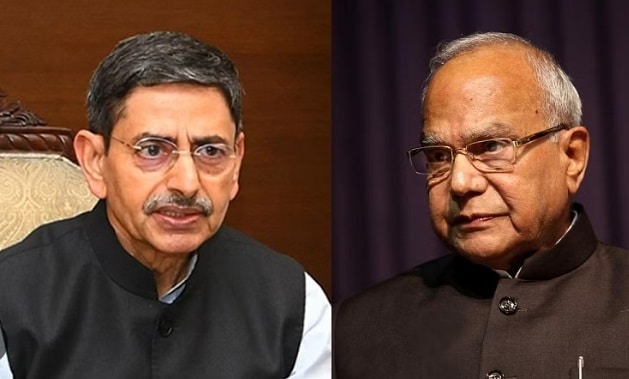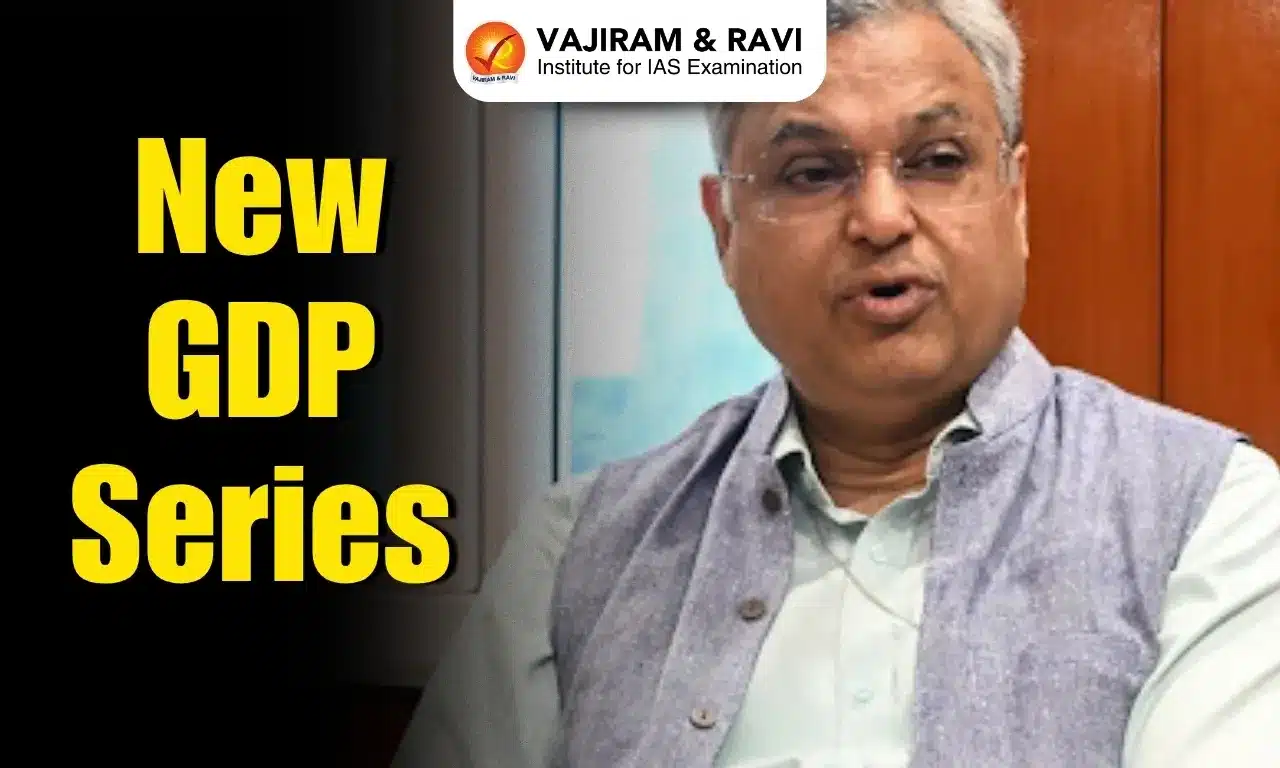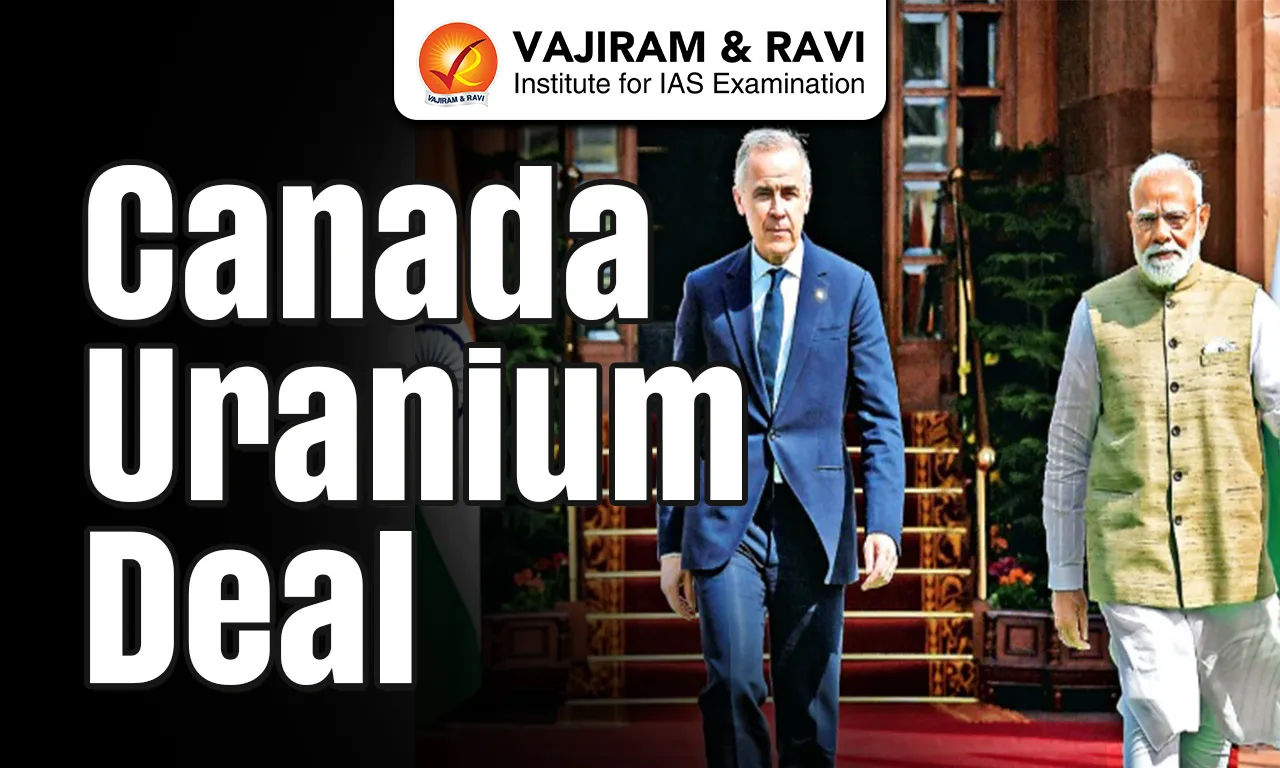What’s in today’s article?
- Why in news?
- Constitution on Governor’s role in giving assent to Bills
- What does the Constitution say about the Governor’s role in giving assent to Bills?
- Bone of contention
- Can a Governor in practice actually sit on a Bill forever?
- What is the viewpoint of SC on this?
- What can the Supreme Court do now?
Why in news?
- Tamil Nadu’s Governor R N Ravi’s decision to withhold assent to 10 pending Bills has raised fresh legal questions on the powers of the Governor.
- This comes at a time when at least four opposition-ruled states including Tamil Nadu are before the Supreme Court seeking its intervention on defining the contours of the Governor’s powers in the lawmaking process.
What does the Constitution say about the Governor’s role in giving assent to Bills?
- Although, Article 163 of the Constitution deals with the powers of the Governor generally, Article 200 specifically deals with the issue of granting assent to Bills.
- Both the provisions are read together to determine the contours of the power the Governor holds on this issue.
- When a Bill passed by the legislature of a state is presented to the Governor, the Governor has four options:
- grant assent to the Bill;
- withhold assent to the Bills;
- return the Bills for reconsideration; or
- reserve the Bill for the consideration of the President.
- Article 200 states that:
- When a State Legislative Assembly passes a bill, or in a State with a Legislative Council, when both houses of the legislature pass the bill, the bill is then presented to the Governor.
- The Governor has three options: to approve the bill (assent), reject the bill (withhold assent), or hold off on a decision and refer the bill to the President for consideration.
- However, the Article has a key proviso. It says that the Governor “may, as soon as possible” return Bills other than money Bills, with a message requesting that the House reconsider it in parts or in whole.
- However, once the Legislative House reconsiders the Bill and sends it to the Governor once again, the Governor “shall not withhold assent therefrom”.
Bone of contention
- The tug-of-war between the government and the Governor in the Opposition-ruled states essentially lies in the wordplay in the proviso.
- The proviso says the Governor must return the Bill “as soon as possible” but does not prescribe a specific timeframe.
- Raj Bhavans have exploited this ambiguity to sit on Bills indefinitely without returning them to the state legislature.
Can a Governor in practice actually sit on a Bill forever?
- An indefinite timeline in deciding on Bills can in effect amount to paralysing the elected government.
- At the same time, giving assent to Bills is one of the few areas in which the Governor can exercise his discretion.
- But this discretion cannot be used arbitrarily or based on a personal preference, but only in Constitutional terms with cogent reasons.
- Additionally, Article 200 uses the word “shall” which indicates that the framers of the Constitution intended a mandatory tone for the Governor on this aspect.
What is the viewpoint of SC on this?
- The SC in its landmark 2016 ruling in the Arunachal Pradesh Assembly case (Nabam Rebia and Bamang Felix vs Deputy Speaker) discussed this aspect briefly.
- It said that the Governor cannot withhold assent to a Bill indefinitely but must return it to the Assembly with a message and this could include his recommendation for amendments to the Bill.
What can the Supreme Court do now?
- Tamil Nadu, Kerala, Telangana, and Punjab, have sought the intervention of the Supreme Court on the issue.
- Several aspects dealing with the Governor’s powers have been litigated extensively, and there is now settled law on these aspects.
- This includes the role in recommending President’s Rule, inviting the party with a majority to form the government, or during a trust vote.
- The SC has now been called upon to decide a new aspect — whether it can fix a timeline for Governors to give assent to Bills, which amounts to deciding whether it can prescribe limits to an office exercising constitutional powers.
- In the past, the court has reluctantly fixed timelines for the Speaker’s office to decide disqualification cases.
- A Governor cannot be made a party before the Supreme Court.
- Generally, therefore, the court issues notice to the Secretary of the Governor in such disputes.
Q1) Can Governor be taken to a court?
The President or the Governor is not answerable to any court for the exercise of the powers and duties of his office. No criminal proceedings shall be conducted against the President or the Governor during his term of office.
Q2) Can a Governor appoint a Minister?
The Chief Minister is appointed by the Governor who also appoints other ministers on the advice of the Chief Minister. The Council of Ministers is collectively responsible to legislative assembly of the State.
Source: Governor’s right to withhold assent: The constitutional question before Supreme Court
Last updated on March, 2026
→ UPSC Notification 2026 is now out on the official website at upsconline.nic.in.
→ UPSC IFoS Notification 2026 is now out on the official website at upsconline.nic.in.
→ UPSC Calendar 2026 has been released.
→ UPSC Final Result 2025 is expected to be released soon.
→ UPSC will release the UPSC Toppers List 2025 with the Civil Services final result on its official website.
→ Check out the latest UPSC Syllabus 2026 here.
→ Join Vajiram & Ravi’s Interview Guidance Programme for expert help to crack your final UPSC stage.
→ UPSC Mains Result 2025 is now out.
→ UPSC Prelims 2026 will be conducted on 24th May, 2026 & UPSC Mains 2026 will be conducted on 21st August 2026.
→ The UPSC Selection Process is of 3 stages-Prelims, Mains and Interview.
→ Prepare effectively with Vajiram & Ravi’s UPSC Prelims Test Series 2026 featuring full-length mock tests, detailed solutions, and performance analysis.
→ Enroll in Vajiram & Ravi’s UPSC Mains Test Series 2026 for structured answer writing practice, expert evaluation, and exam-oriented feedback.
→ Join Vajiram & Ravi’s Best UPSC Mentorship Program for personalized guidance, strategy planning, and one-to-one support from experienced mentors.
→ Check UPSC Marksheet 2025 Here.
→ UPSC Toppers List 2024 is released now. Shakti Dubey is UPSC AIR 1 2024 Topper.
→ Also check Best UPSC Coaching in India


















